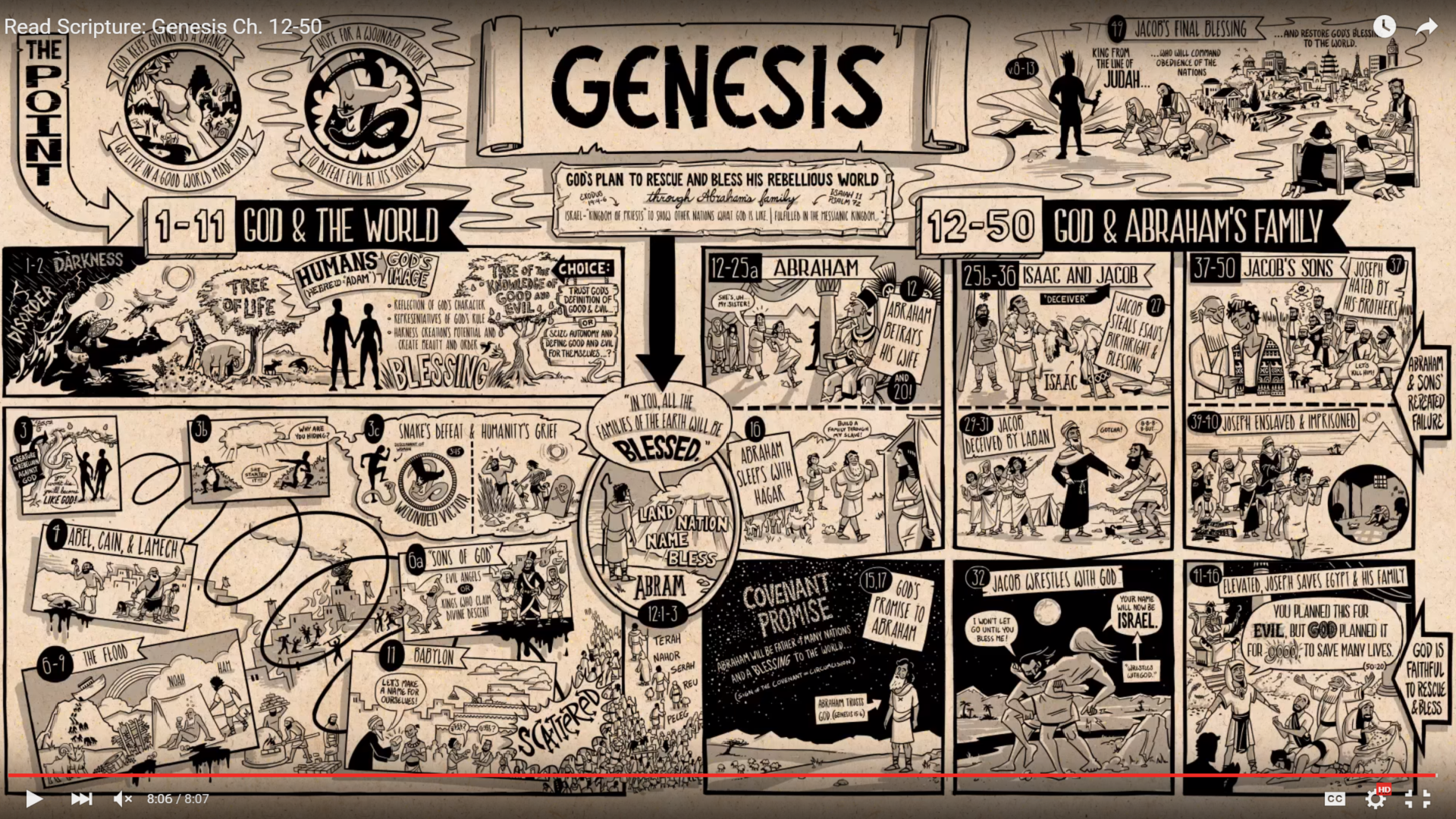When I lived in Japan, one afternoon, without warning, I got a hurried call from a church member. She was in the area with her daughter and wondered if they could stop by. I agreed and seconds later the door bell rang. They must have been in the parking lot already. I invited them in and we exchanged pleasantries. I had heard and prayed for her adult daughter but today was meeting her for the first time. I sensed that there was some urgency to the visit, but neither of them were giving me any clues as to what it might be. I introduced myself, I asked questions, but got little response. Was this just a social call? She shared about a health concern she was facing and I prayed for her. Finally, I asked whether I might read a portion of Scripture with them. It was one of those times where you take a chance, not knowing how the person will respond or what God might do.
Followers of Christ are marked by their love for God’s Word. We’ve experienced the power of the Bible in our lives. And so we can relate when we hear the psalmist refer to the Word as a lamp to his feet and a light to his path (Psalm 119:105). God’s Word guides us more clearly than anything else we know of. And we’ve all felt its purifying power in our lives. We know what the psalmist is saying when he testifies, “I have stored up your word in my heart, that I might not sin against you” (Psalm 119:11). Where verses of Scripture take root in our hearts they form unshakable convictions that protect and shape us. And so God’s Word is precious to us, not just necessary for us. We know the commands to seek God’s Word embodied in statements like “Man shall not live by bread alone, but by every word that comes from the mouth of God” (Matthew 4:4), but we also know the great privilege and preciousness of the Scriptures that Job testified of: “I have treasured the words of his mouth more than my portion of food” (Job 23:12). We feel both the compulsion as well as the attraction of God’s Word, but (you just knew there was a “but” coming right?), many, many people get stuck in their daily reading of God’s Word. Are you in a devotional rut?
This week I finished a year and a half travail in the study of Biblical Hebrew. I still haven’t learned anything about modern Hebrew. And so I can’t introduce myself or make even the most basic comment about the weather in Hebrew to my Jewish neighbours. And yet I’ve poured more hours than I’d care to count into my studies. Many people have asked me to explain why. Let me share three ways that studying Biblical languages has helped me to understand the Bible better.
I remember a conversation I had with someone I had been studying the Bible with and they said to me, “I don’t know what to make of the Bible.” Before they had started reading it, they assumed the Bible was a book of legends – amazing stories intended to communicate spiritual truths. But as they began to read, they realized that the Bible contained too much detail and first-hand witness to read it as a fable. It seemed like a collection of letters, speeches and historical accounts. The problem they had was that it also spoke of things they found too remarkable to be true. And so they were at a loss to know how to read the Bible. I think a lot of people have drawn similar conclusions.
Last month I talked about the free Olive Tree Bible study app, the value of getting a current study Bible, as well as a new reading plan from the Bible Project with short YouTube videos introducing each book of the Bible. Seeing their two new videos on the book of Genesis this week I was amazed again at the insight these short clips contain. They helped me to see Jesus as the wounded Saviour in Genesis 3:15 and Noah as a second Adam in Genesis 6 who, like the first Adam, again gave in to temptation in a garden and ends up naked and ashamed in Genesis 9:20-23. Even their description of Genesis 12-50 as accounts of repeated human failure followed by expressions of God’s faithfulness in rescuing and blessing His people, climaxing with the theme of Genesis 50:20 that what people plan for evil is used by God for our good (Genesis 50:20) gives me a road map as I’ve been reading through these sections.
At Christmas, Christians usually warn each other about not getting caught up with the materialism of Christmas and instead encourage one another to focus on the Saviour. That's an important message. But I’d like to encourage you to consider buying yourself or someone you know a particular kind of present this Christmas. I want to encourage you to make an investment in your spiritual tool kit with a study Bible.







